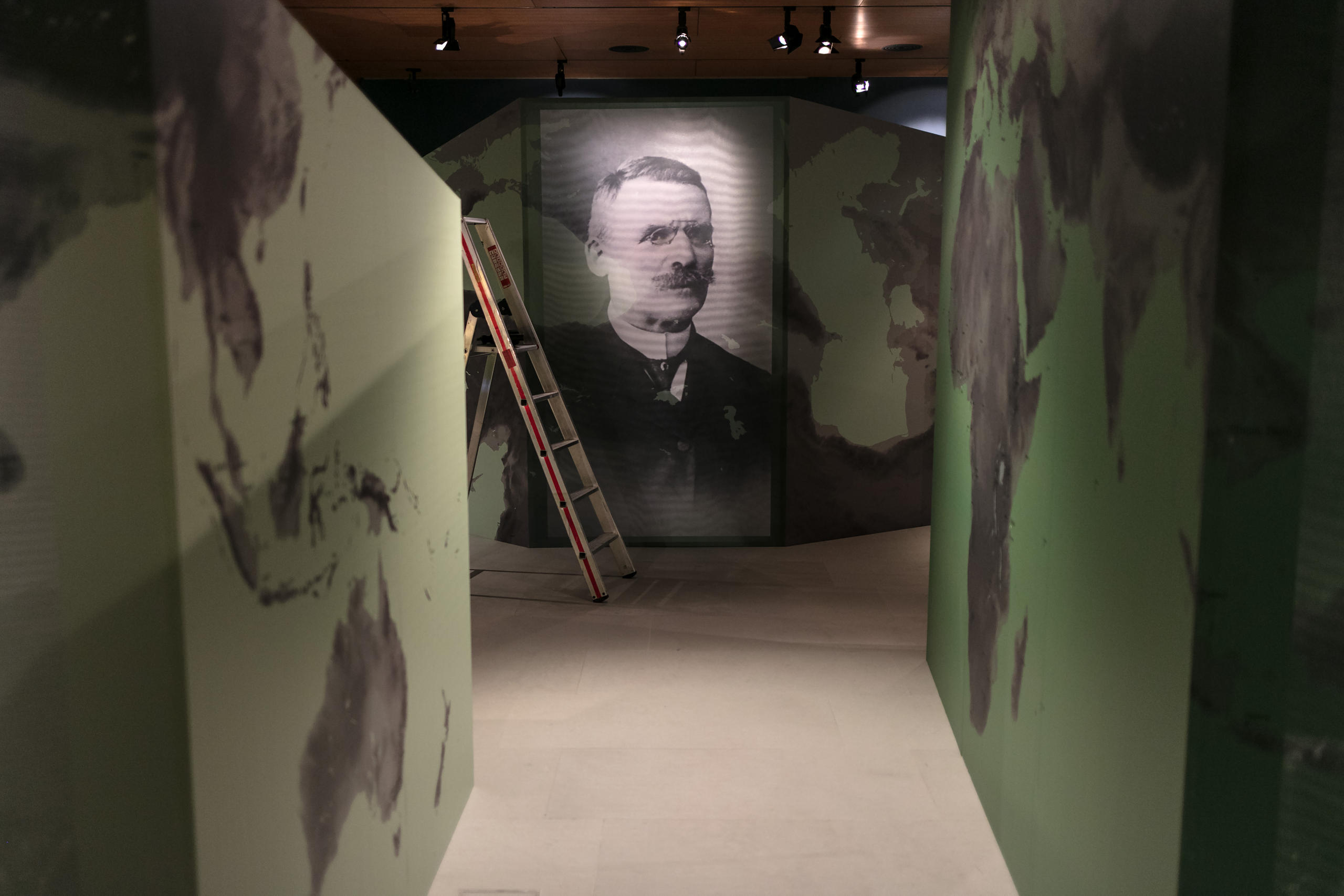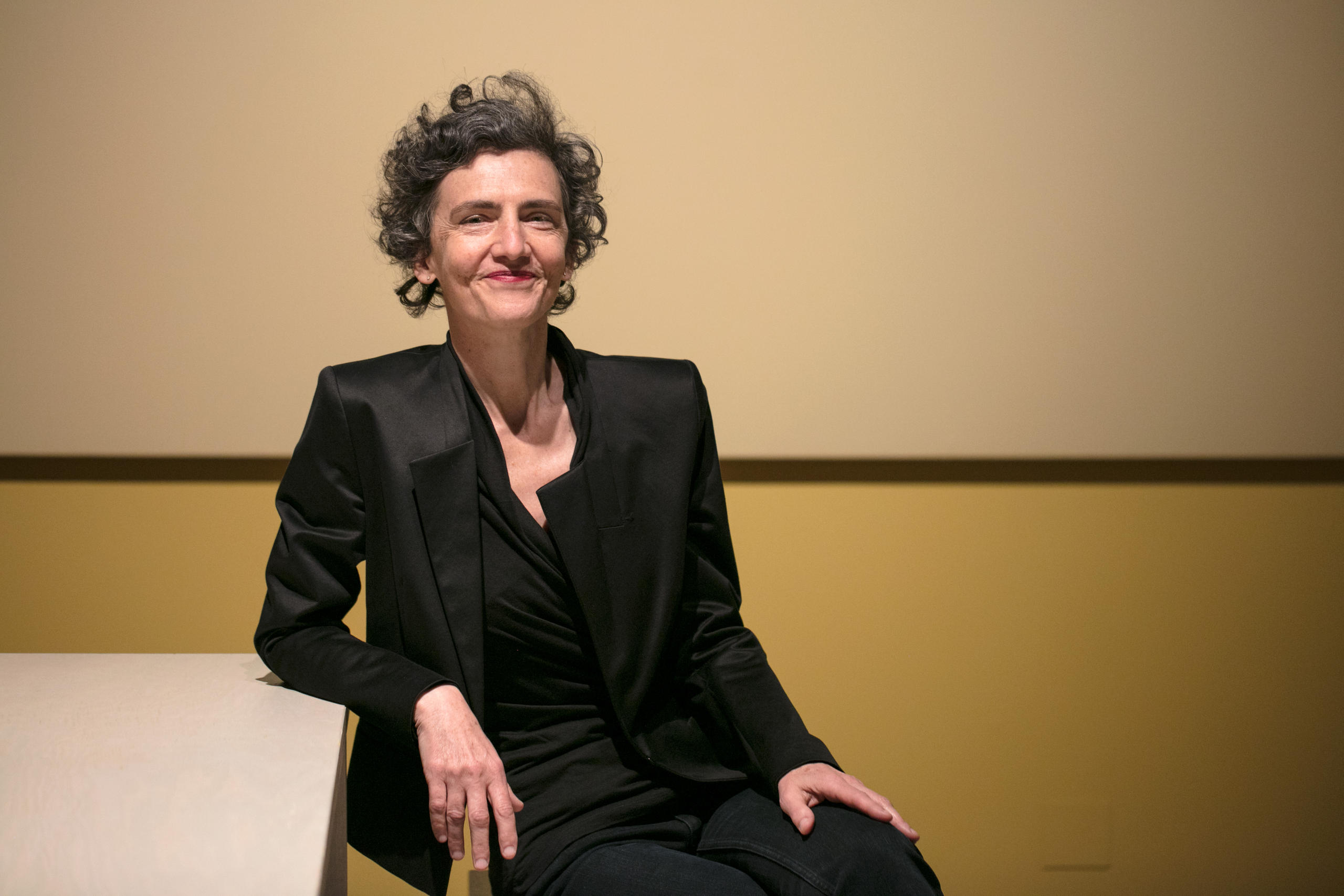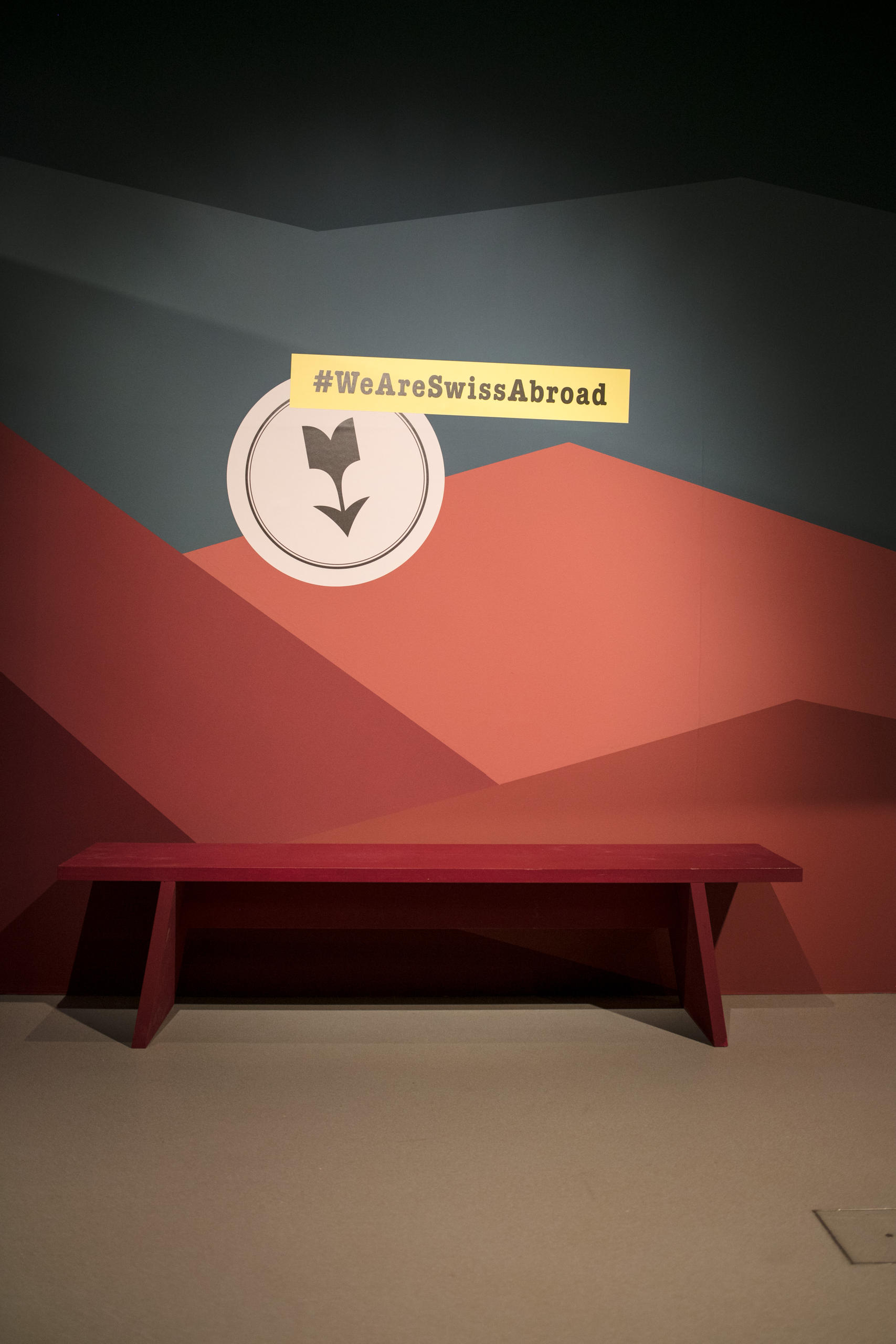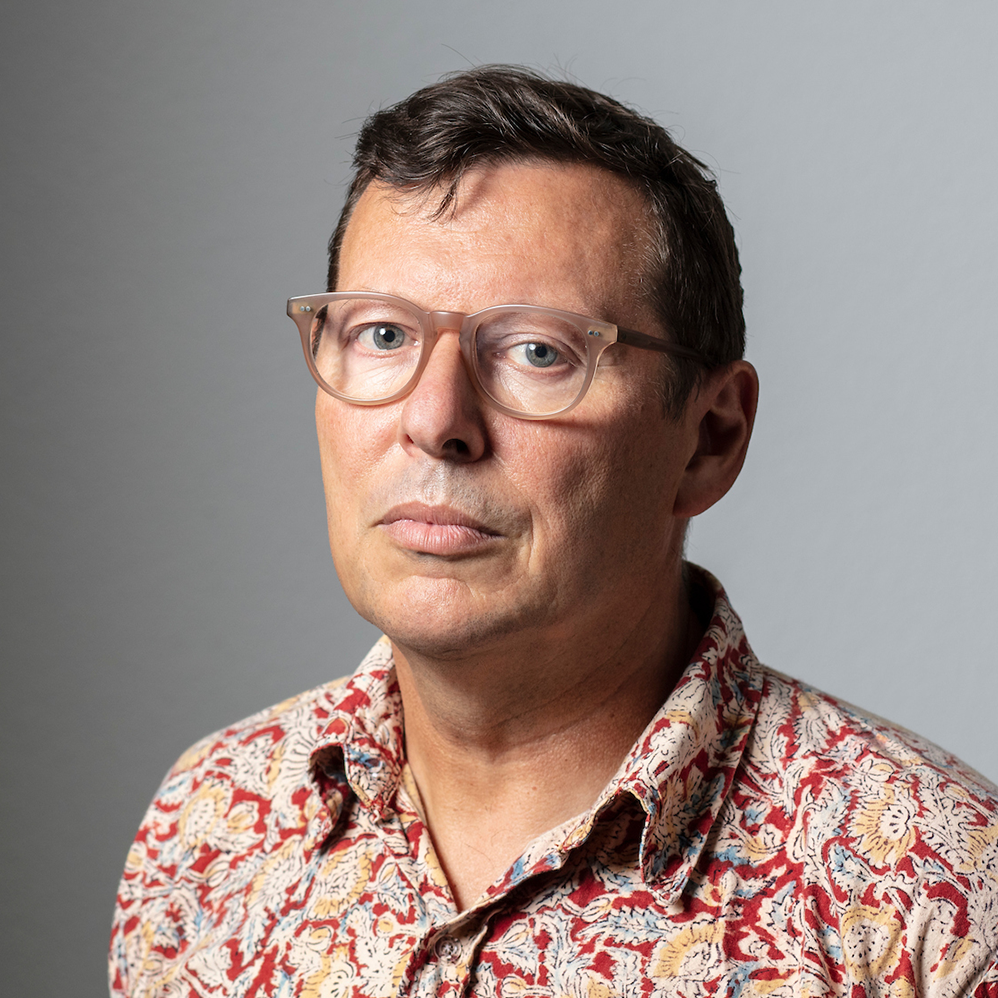
Whatever happened to all those Swiss expats?

Meet “Müller, the Turk”. As a young man, railway worker Jakob Müller travelled from Lucerne to Istanbul. There he embarked on a storybook career, eventually becoming General Director of the Orient Express – “which crowned his career as a reward for his conscientiousness, efficiency, enthusiasm, loyalty and honesty,” as the newspaper Luzerner Tagblatt wrote in his obituary in 1923.
Müller is one of the protagonists of the exhibition Switzerland elsewhereExternal link in the Forum of Swiss HistoryExternal link in Schwyz, which is part of the Swiss National Museum.
“In 1877 he moved to Istanbul at the age of 20, very courageous and curious,” says Pia Schubiger, curator of the multilingual exhibition (German, French, Italian and English).

To give the Swiss living abroad a face, Schubiger combined Swiss emigrant stories along the same themes with texts, objects, photographs and films. Her research included reading countless books of emigrant stories.
“Their stories fascinate us; their courage to seek something new elsewhere, a new perspective, without knowing what awaited them exactly. We follow these stories and feel a bit represented by these interesting people,” says Schubiger.
A new term
“Swiss abroad”. This term has only existed since 1916, when the Organisation of the Swiss Abroad (OSA)External link was founded. Previously, Swiss living abroad were just called emigrants. The history of emigration from Switzerland and the birth of the OSA is the second focus of this exhibition.
For centuries, Switzerland was truly a country of emigration. Many Swiss served as mercenaries. “From 1850 we can speak of a mass emigration,” says Schubiger.
The idea of looking after Swiss emigrants around the world led to the founding of the OSA in 1916, says Schubiger. There was also the issue of how these individuals would represent Switzerland abroad. Since 1966, support for the “Fifth Switzerland” has been enshrined in the Swiss constitution.
The OSA, which also provided input for the exhibition, is delighted. “It’s an important recognition and a strong symbol that one of the national museums has decided to cover this topic,” says OSA Director Ariane Rustichelli.
#WeAreSwissAbroad

As part of the exhibition, visitors can sit on a bench and borrow a tablet to read emigrant portraits from swissinfo’s #WeAreSwissAbroad Instagram series.
The history of the former Swiss shortwave service, which represented Switzerland abroad via radio waves from 1935, is also presented in the exhibition. It was renamed Swiss Radio International in 1978 and swissinfo.ch in 1999.
Beyond the exhibition
In addition, the exhibition will feature a broad programme of supporting events. For example, journalist Susann Bosshard-Kälin will report on her project Einsiedeln ElsewhereExternal link, in which she follows the tracks of emigrants from this village. And the grandson of the “Müller the Turk” will tell the story of his grandfather’s life.
There are also efforts to collect new migration stories. The organisers, and the association Musée imaginaire des migrationsExternal link, are inviting visitors to come along with stories from their own family history and have these recorded.
For curator Schubiger, this is a true treasure chest that goes beyond the exhibition. “I think there are many more stories that could be written that are just as exciting as those we tell here.”
Free tickets!
As the media partner of this exhibition, SWI swissinfo.ch is giving tickets away on a first-come, first-served basis. Want to go? Send a message to Thomas.Waldmeier@swissinfo.ch with “Switzerland Elsewhere” in the subject line.

In compliance with the JTI standards
More: SWI swissinfo.ch certified by the Journalism Trust Initiative












































You can find an overview of ongoing debates with our journalists here . Please join us!
If you want to start a conversation about a topic raised in this article or want to report factual errors, email us at english@swissinfo.ch.